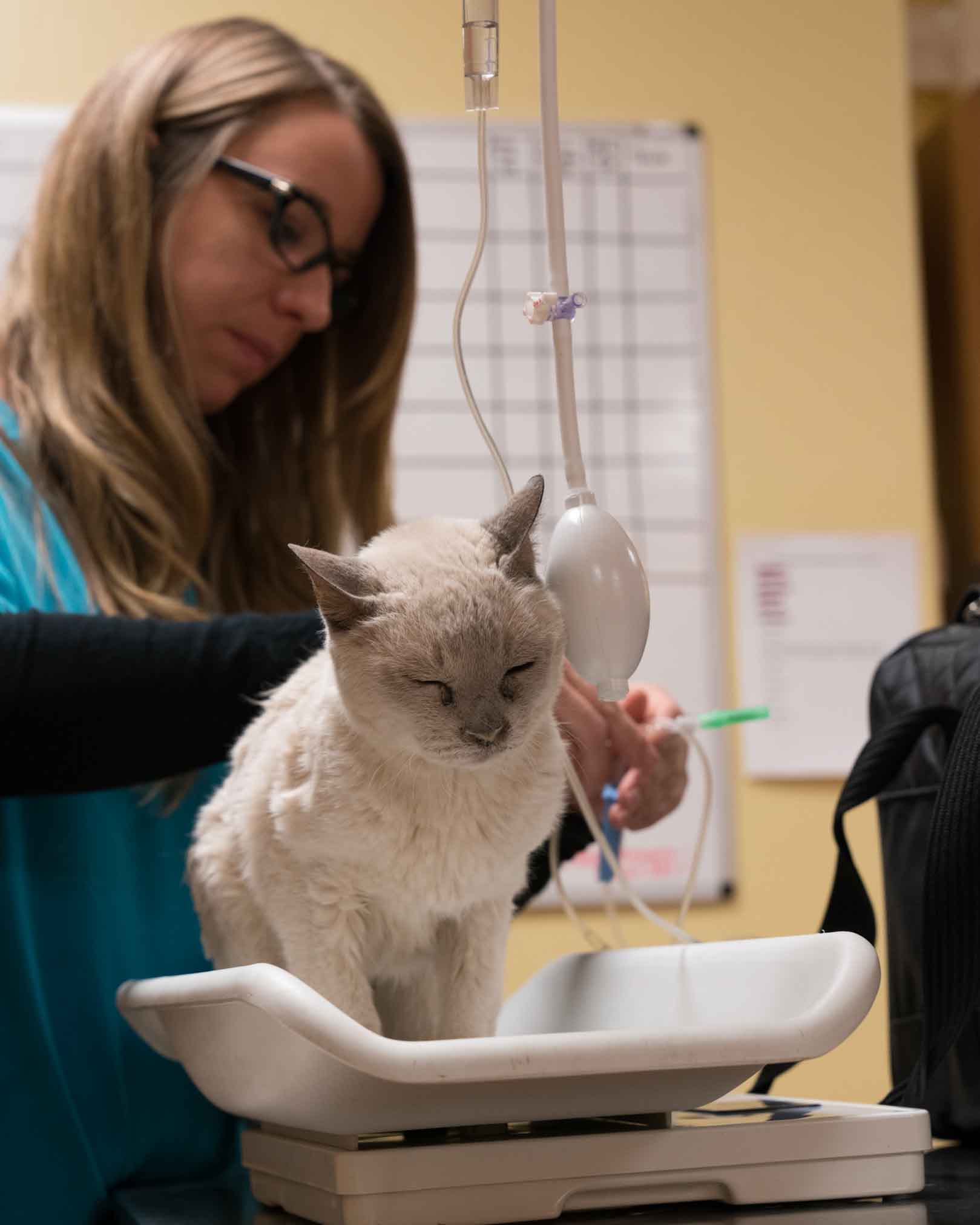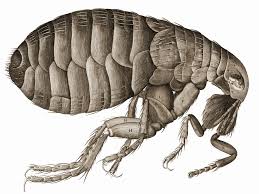Vaccinations

There are a variety of vaccinations on the market which are all affective but not all equal. Technological advances make some vaccinations safer than others, such as recombinant vaccines that use canary pox virus DNA. There are still vaccinations that use thiomersal (mercury), especially rabies vaccines, as adjuvant (adjuvants are used to inflame the immune system to get a better response). Antibiotics, such as gentamicin, are still used as a preservative in some vaccines.
Pet should be vaccinated based on their risk of exposure versus the risk/benefit of receiving the vaccine. Any pet can have an adverse reaction to any vaccination, these are rare but serious. Reactions can range in severity from mild irritation and swelling at the injection site to anaphylactic shock. The biggest concern regarding vaccinations in cats is Feline Injection-Site Sarcomas, a rare but very aggressive cancer. Feline injection-site sarcomas can occur months to years after vaccination. A recent study suggested that cats with sarcomas in the rear leg were significantly less likely to have received recombinant rabies vaccines than other rabies vaccines.
The American Association of Feline Practitioners Feline Vaccine Advisory Panel makes the following recommendations: The vaccinations that all cats should receive are panleukopenia virus, calicivirus and herpesvirus. Rabies is recommend in areas that is endemic or mandated by law (the state of Arizona does not require you to rabies vaccinate your cat). The feline leukemia vaccination should be considered if your cat ventures outside, although studies have shown that cats greater than one year of age have a 3% chance of contracting feline leukemia if exposed to the virus.
The core vaccinations for dogs are rabies, canine distemper virus, parvovirus, and canine adenovirus. The canine parvovirus and distemper virus mainly affect puppies and younger dogs. These vaccinations save puppies lives each year. After the initial puppies series these vaccinations are recommended every three years. The American Animal Hospital Association Vaccination Guidelines indicate that vaccinations for distemper and parvovirus in healthy canine patients have sustained protective immunity for greater than or equal to five years and greater than seven years for adenovirus. Due to distemper and parvovirus mainly affecting puppies and young dogs, many veterinarians do not recommend continued vaccination for geriatric pets. If you are wondering if your older dog should continue to receive the distemper/parvovirus vaccination speak with your veterinarian.
I encourage you to speak with your veterinarian if you have any questions regarding your pets’ vaccinations.









